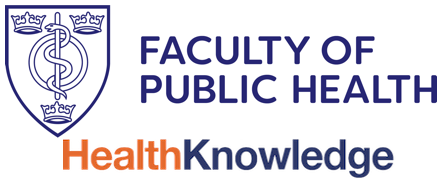Please work through the following guided critical appraisal of the RCT paper on the effects of stretching. There are 10 questions, and at the end you’ll be able to download a completed crib-sheet with all the questions and answers.
Click the link below to Question 1 to begin.
